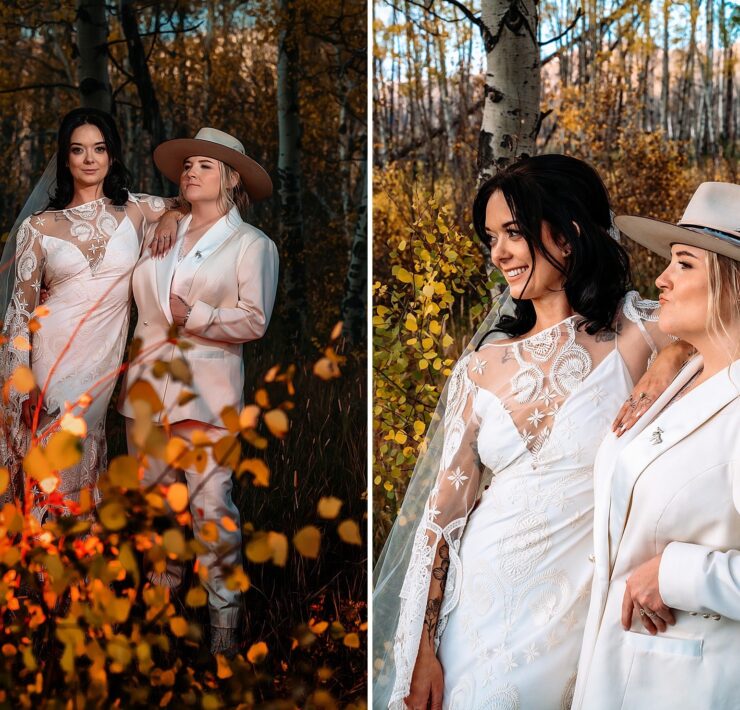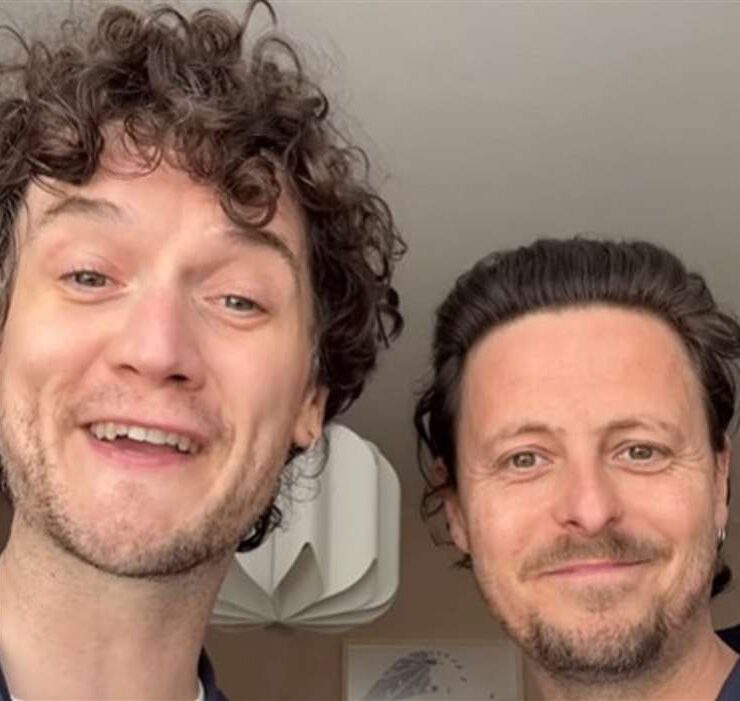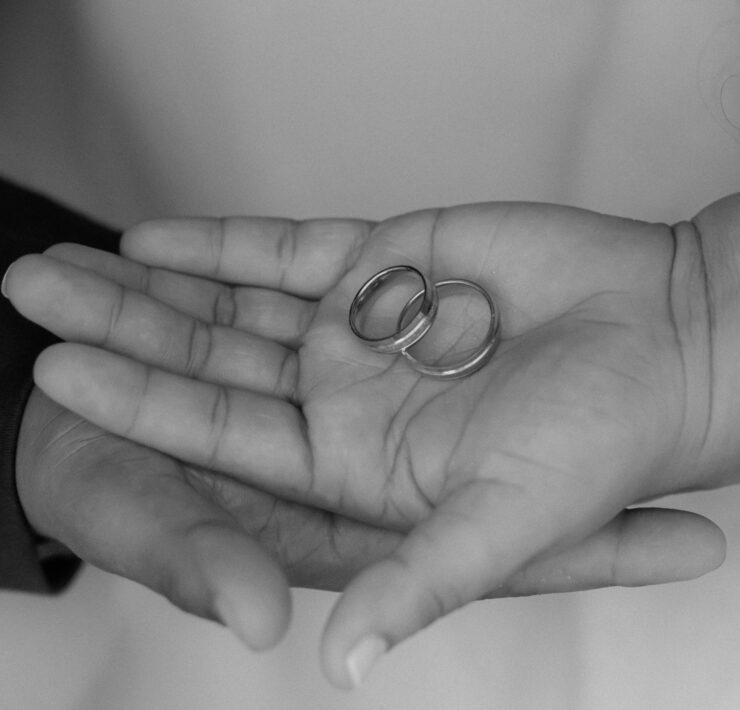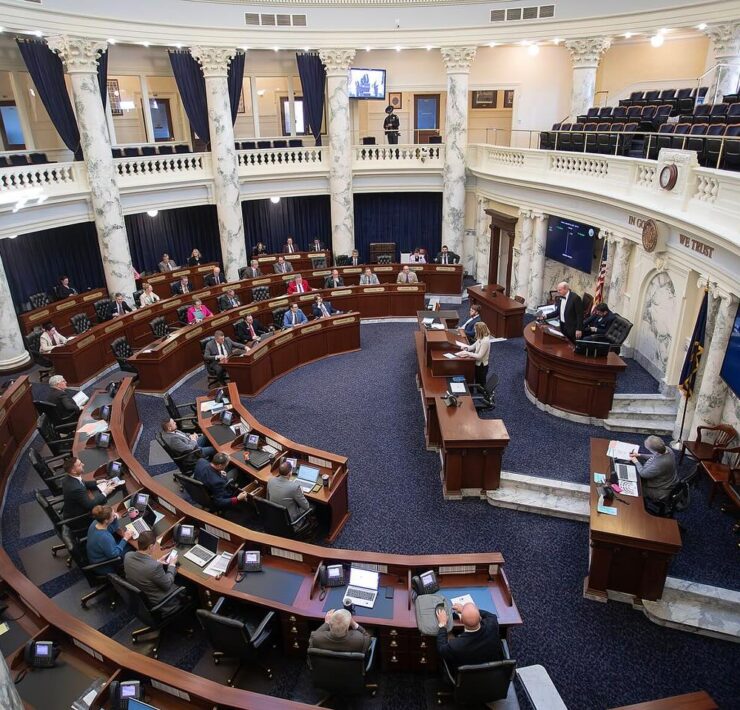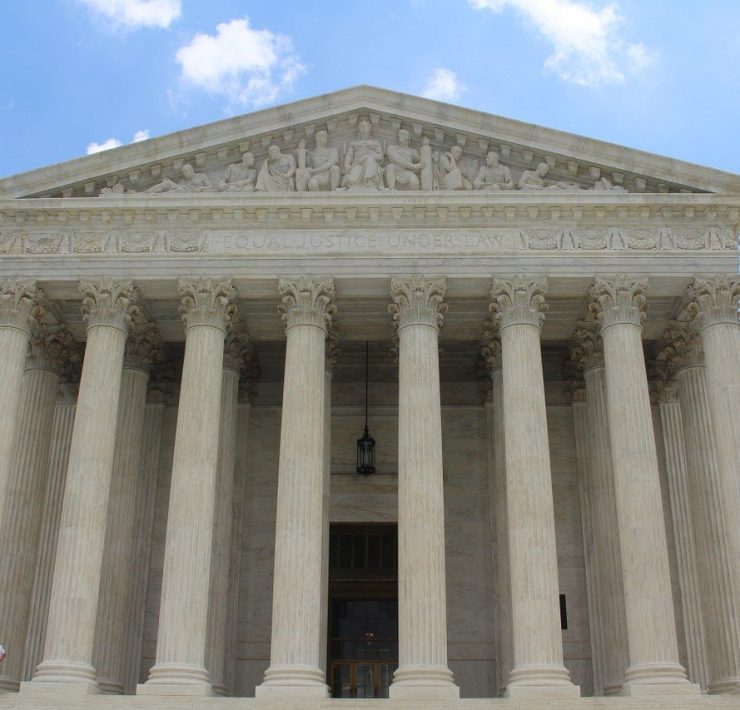Downfall of DOMA paves path to citizenship

When the U.S. Supreme Court struck down a key section of the Defense of Marriage Act on June 26, nearly 40,000 LGBT binational couples were suddenly eligible to sponsor their spouses for U.S. residency and citizenship.
“It was like a huge weight off my shoulders,” said Denver gay man Jesse Martinez, reflecting on the day the Supreme Court’s ruling was announced. “What I want more than anything is for my husband to be able to live his dreams and pursue his opportunities here in the U.S.”
Martinez moved to Denver from Grand Junction in 2003, and it was here that he met Fernando Hernandez Oliva, who was visiting Colorado from Guatemala. “We connected and hit it off right after we met,” Martinez said. “Fernando is a very sincere and genuine person. I knew he was the person I wanted to be with.”
In December of 2012, Martinez and Hernandez Oliva flew to New York City and married at City Hall in Manhattan.
But Martinez was restless. Hernandez Oliva had overextended his tour visa, and was under constant threat of deportation. Despite their marriage being legally recognized in New York, Martinez could not sponsor his husband for a green card. U.S. Citizenship and Immigration Services, or USCIS, was bound by DOMA’s definition of marriage between a man and woman.
“I was constantly scared that something was going to happen. I would have dreams where Fernando would get pulled over, and then he wouldn’t be in my life,” Martinez said. “I would wake up freaked out because I didn’t know what to expect.”
In addition, Hernandez Oliva has not been able to visit his family for six years. His mother, who is currently struggling with cancer, tried to visit her son last May. “Because she had cancer, Immigration disqualified her. She was ineligible to come to the U.S.,” Martinez said.
In November of 2011, the Williams Institute reported there were an estimated 28,500 binational same-sex couples in which one partner was not a U.S. citizen, with another 11,500 same-sex couples in which neither couple had U.S. citizenship. Approximately 25,000 of those couples total are raising children.
But the repeal of DOMA has had a profound impact on couples like Martinez and Hernandez Oliva. “It puts same-sex couples on the same playing field as opposite-sex couples,” said Bryon Large, a senior attorney at Joseph Law Firm, who has been practicing immigration law for six years. “If there is a valid marriage and the same-sex couple is eligible for an immigration benefit, they can apply for that immigration benefit as a married couple.”
As long as a couple is married in any state or foreign nation that recognizes same-sex marriage, Large said, the couple can still apply for immigration benefits regardless if they live in a state that only recognizes marriage between a man and a woman — such as Colorado.
USCIS do not recognize civil unions, which were established in Colorado earlier this year, or domestic partnerships as the same as marriage.
The process of sponsoring your partner for citizenship can be daunting, as Immigration Services requires extensive paperwork to validate a couple’s marriage.
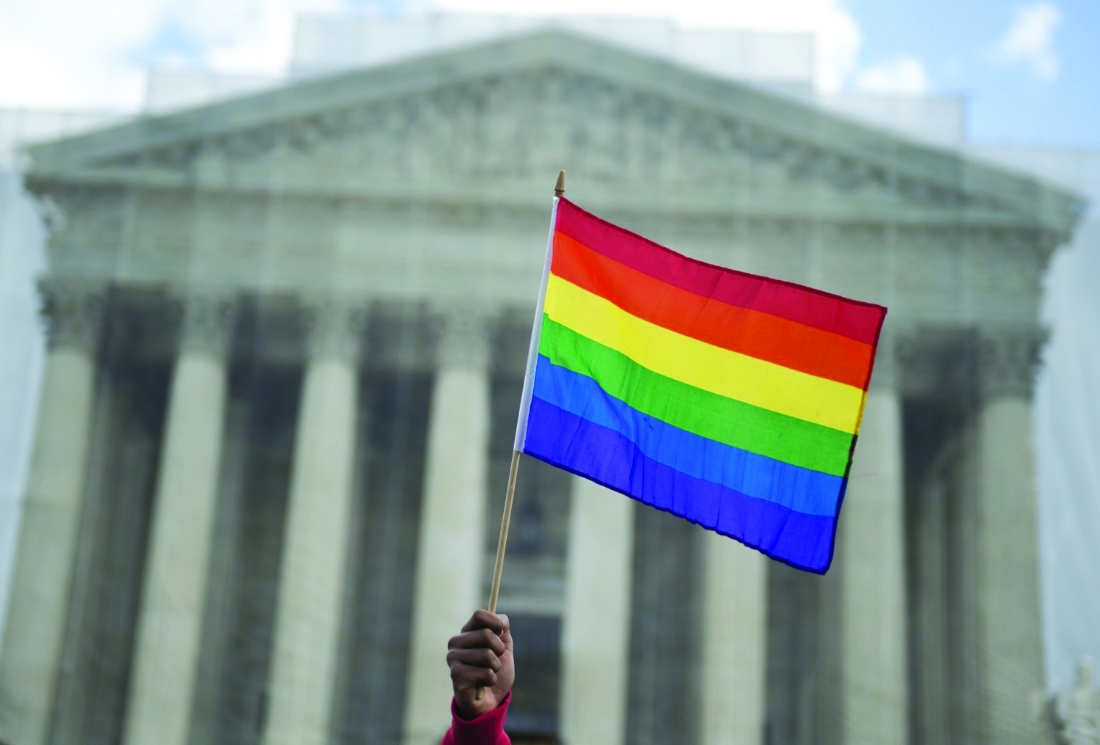
“We do struggle with some of our same-sex couples to document their relationship,” said Large. “We don’t see name changes as commonly with my gay clients as we do with my straight clients. And often it can be intimidating for a gay couple to walk into a bank and try to open up a bank account together because you have no idea who’s sitting on the other side of the desk.”
Large advised that couples seek legal counsel before they even begin the application process. “The worst thing is when somebody applies for a green card and they’re not eligible. They get placed into removal proceedings.”
The process can also get expensive, with filing fees alone reaching more than $1,000 in some cases. There are also costs related to medical exams. Vaccinations are sometimes required, and only a civil surgeon can authorize them.
“The costs are $300 to $600 dollars just to go see a civil surgeon,” said Martinez, who was able to curtail some of the expenditures through his health insurance. “Then you have to get the shots, which are $55 to $70 per shot.”
Martinez used part of his 401K to pay for the expenses incurred both in applying to sponsor his husband and for legal counsel. He also did extensive research and filled out necessary paperwork ahead of time to avoid paying an attorney’s flat fee. “I can only imagine how other couples are getting through it, because it’s a huge process to file for your spouse.”
Martinez advised that other binational couples should research the subject and keep any documentation that proves your marriage status. “And just be patient. Don’t give up,” he added.
Hernandez Oliva is now well on his way to citizenship, with a work visa coming in October and an immigration hearing in January for his green card. “I am so happy,” he said. “I will have more opportunities in the US. I want to work hard and go to school, be a professional. I want to see my parents and my family. We have a lot of plans.”
For more information, visit the US Citizenship and Immigrations Services web page regarding same-sex couples sponsoring spouses for citizenship at ofcnow.co/OeF
What's Your Reaction?
Greetings. I’m Mike. People call me Mike. I’m just a gay guy trying to be creative before I’m kicked off this spinning, planet-sized spaceship hurdling through the void of space. Writing and photography are the creative outlets I spill my brain into when mental monsters start clawing at the back of my eyes. I only hope these articles provide readers with a few insights I’ve carefully gathered in cupped hands, cracked hands that have dueled for decades with these nebulous shadows that haunt so many lives. Plus, writing is a great way to pass the time on this planet-sized spaceship hurdling through the void of space.



